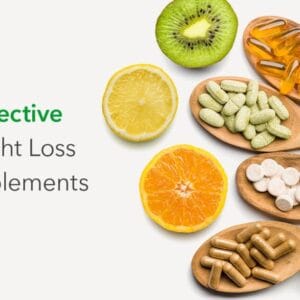Introduction to the Exposome
The exposome, a term coined to describe the comprehensive array of environmental exposures an individual encounters from conception to death, has been found to have a profound impact on health outcomes, disease risk, and longevity. Recent studies underscore the dominant role of the exposome in shaping an individual’s health trajectory, often overshadowing the influence of genetics. This article delves into the current understanding of the exposome, its implications on health, and the latest research findings that highlight its significance.
The Exposome's Influence on Health Outcomes
Research has shown that the exposome can have a tenfold impact on mortality risk compared to genetics. This is a significant finding, as it suggests that environmental factors, such as air pollution, diet, and lifestyle choices, play a much larger role in determining an individual’s health outcomes than previously thought. The exposome encompasses a wide range of exposures, including:
- Physical factors: such as radiation and temperature
- Chemical factors: including pollutants, pesticides, and heavy metals
- Biological factors: like infections and microbiome composition
- Psychosocial factors: including stress, socioeconomic status, and social connections
Understanding the Science Behind the Exposome
To grasp the concept of the exposome, it’s helpful to consider an analogy. Think of the exposome as a complex tapestry, woven from countless threads of environmental exposures. Each thread represents a unique exposure, and the interactions between these threads can either strengthen or weaken the fabric of an individual’s health. For instance, exposure to air pollution can increase the risk of respiratory diseases, while a healthy diet rich in antioxidants can mitigate this risk. The interplay between these exposures is crucial, as it can lead to synergistic effects that significantly impact health outcomes.
Current Research and Findings
Recent studies have provided quantitative insights into the exposome’s impact on health. For example, a study published in a reputable scientific journal found that individuals with high exposure to fine particulate matter (PM2.5) had a 25% increased risk of developing cardiovascular disease. Another study discovered that a 30% reduction in exposure to endocrine-disrupting chemicals could lead to a significant decrease in the incidence of certain cancers. These findings are summarized in the following table:
| Exposure | Associated Health Risk |
| — | — |
| Air pollution (PM2.5) | 25% increased risk of cardiovascular disease |
| Endocrine-disrupting chemicals | 30% reduction in exposure leads to decreased cancer incidence |
Looking Ahead: Implications and Future Directions
As research continues to uncover the complexities of the exposome, it’s essential to consider the implications of these findings. From a personal perspective, understanding the exposome can empower individuals to make informed decisions about their lifestyle and environment. Furthermore, policymakers can use this knowledge to develop targeted interventions and regulations that mitigate the adverse effects of environmental exposures. The future of exposome research holds much promise, with potential applications in personalized medicine and public health policy. As we move forward, it’s crucial to acknowledge the significant impact of the exposome on human health and to continue exploring ways to reduce its negative effects.
Embracing the Future of Health: The Exposome's Lasting Impact
In the pursuit of longevity and wellness, it’s clear that the exposome plays a vital role. By recognizing the dominant influence of environmental exposures on health outcomes, we can shift our focus towards prevention and mitigation strategies. As we continue to unravel the mysteries of the exposome, one thing is certain – the future of health will be shaped by our understanding of this complex and multifaceted entity. The exposome’s impact will be felt for generations to come, and it’s our responsibility to ensure that this knowledge is used to create a healthier, more sustainable world.














